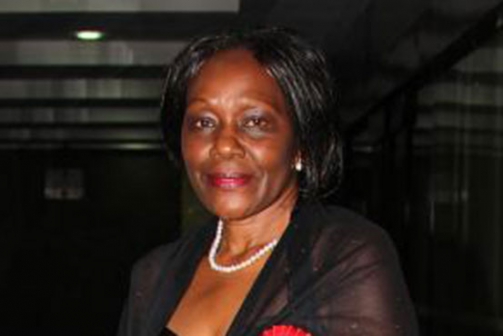×
The Standard e-Paper
Smart Minds Choose Us

One in three women have experienced physical or sexual violence in their lifetime, a United Nation's report shows.
And now female crusaders are calling for prevention strategies that are holistic, alongside multiple interventions, in order to have long-lasting and permanent effects.